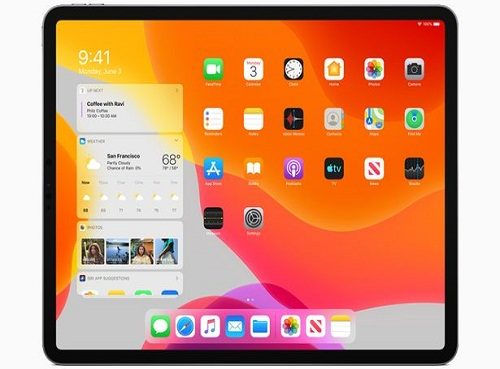Millennials are more likely to become nervous and aggressive when forced to wait without their smartphone, researchers have found.
Scientists were exploring how different types of thinking — abstract and concrete — alter people’s experiences of being kept waiting for a meeting.
However, along the way they noted that both millennials and Gen Zs fidgeted more and reported finding the delay more more difficult than their elders.
The team also found that focusing on something concrete can make time pass more quickly — and foster less negative emotion — than abstract thinking about the wait.

Management expert Dorit Efrat-Treister of the Ben-Gurion University of the Negev, in Israel, and colleagues have been studying how abstract versus concrete thinking can change a person’s interpretation of events.
Although abstract thinking is typically associated with positive outcomes — such as increased creativity, wider vision and feeling more powerful — if can also have its drawbacks in certain scenarios.
‘For example, if you are waiting for someone who is late to meet you, you are better off thinking in concrete terms, like assuming they got stuck in a traffic jam compared with abstract terms, like assuming they are disrespecting you,’ Efrat-Treister said.
‘When someone is late for a call, if you think abstractly, you may think they don’t respect your time, or they don’t think the call is important, and therefore you might become mad.’
‘But if you think they may have just misplaced your number or got another call first, you won’t become so annoyed.’
In their study, the team explored how participants reacted to being kept waiting for a meeting — with either a 30 second, five minute or 10 minute delay.
The team found that those who had been encouraged to think abstractly about the wait perceived the delay as being longer than those who were prompted to think more concretely — and reacted more aggressively to the experience.
Millennial and Gen Z participants, in particular, were observed to have an especially difficult time waiting without their mobile phones — and were seen fidgeting, banging on their desk and reported high levels of aggression even with short waits.
‘We spend a part of our daily life waiting, and unfortunately, wait time can fuel aggressive tendencies,’ said Dr Efrat-Treister.
‘We showed that the level of abstractness influences how long or short one perceives actual wait time.
‘Therefore, we can influence the perception of the wait time and thus manage aggression.’

The team’s findings may help improve situations where waiting is common.
‘For example, medical offices might want to install video monitors with concrete information that distracts from long wait times,’ Dr Efrat-Treister said.
Alternatively, he added, ‘the leader of a meeting can focus on getting started and on the agenda rather than focusing on why a partner is late.’
‘Any concrete focus that prevents abstract thinking about waiting can be helpful.’
The full findings of the study were published in Journal of Organizational Behavior.










